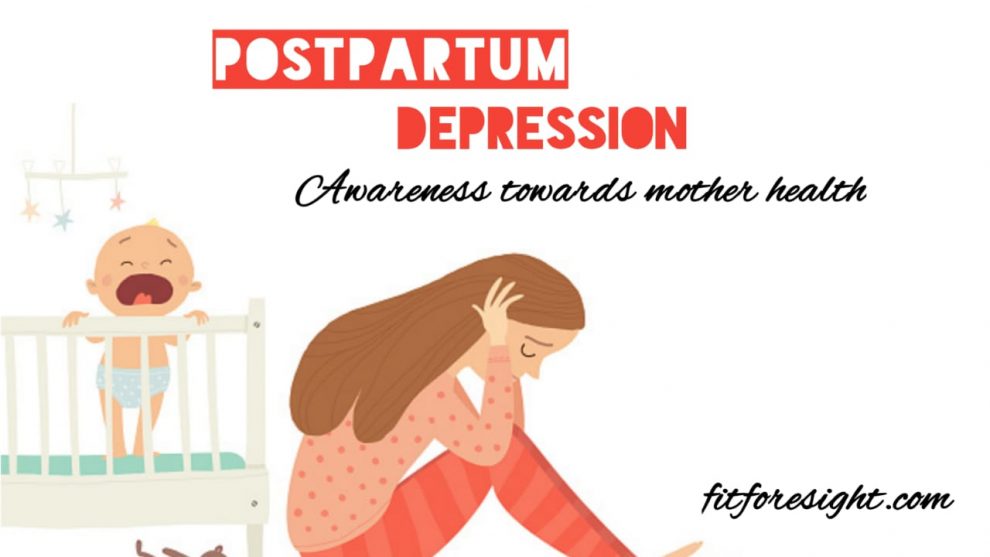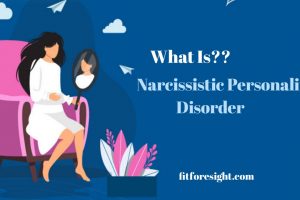Introduction
The journey of motherhood is often portrayed as a blissful and euphoric experience, filled with joy and love. While this is undoubtedly true for many new mothers, it’s essential to recognize that not all women sail through this transformative phase without turbulence. Postpartum depression, a condition that affects countless new mothers worldwide, stands as a silent storm that can cast a long shadow on what should be a time of immense happiness and bonding.
In this article, we will delve into the depths of postpartum depression, offering insights into its symptoms, causes, and effective coping strategies, ensuring that new mothers are equipped with the knowledge and support they need to navigate this challenging chapter in their lives.
Understanding Postpartum Depression
1. Recognizing the Symptoms
Postpartum depression is a mood disorder that can develop shortly after childbirth, typically within the first few weeks to months. While it shares some symptoms with the “baby blues,” such as mood swings and crying spells, postpartum depression is far more intense and persistent. Common symptoms include:
- Overwhelming sadness or hopelessness
- Extreme fatigue
- Irritability and anger
- Loss of interest in activities
- Changes in appetite and sleep patterns
- Difficulty bonding with the baby
- Feelings of guilt or worthlessness
- Difficulty concentrating or making decisions
- Thoughts of self-harm or harming the baby
It is crucial for new mothers and their loved ones to recognize these symptoms as early as possible to seek appropriate help and support.
2. Exploring the Causes
The exact cause of postpartum depression is not singular but rather a complex interplay of biological, psychological, and social factors. These may include:
- Hormonal fluctuations: After childbirth, dramatic shifts in hormones like estrogen and progesterone can affect mood regulation.
- Genetic predisposition: A family history of depression or mental health issues can increase the risk.
- Emotional and physical stress: The demands of new motherhood, coupled with sleep deprivation and physical recovery, can take a toll.
- Lack of a support system: Isolation and inadequate support from family and friends can contribute to the development of postpartum depression.
3. Coping Strategies
Dealing with postpartum depression is challenging, but there are various strategies that can help new mothers on their road to recovery:
- Seek professional help: Therapy and medication can be effective treatments for postpartum depression.
- Lean on your support system: Family and friends can offer invaluable assistance and emotional support.
- Self-care: Prioritize self-care, including rest, exercise, and a balanced diet.
- Join support groups: Connecting with other mothers facing similar challenges can reduce feelings of isolation and provide a sense of community.
- Set realistic expectations: Accept that you may not be the “perfect” mother, and it’s okay to ask for help.
Postpartum depression is a significant concern for new mothers, but it’s crucial to remember that it is a treatable condition. By recognizing the symptoms, understanding the potential causes, and implementing effective coping strategies, mothers can find their way out of the darkness and into the light of motherhood.No mother should suffer in silence. Seek help, reach out to your support system, and know that you are not alone. With the right support and guidance, the journey of motherhood can be one filled with joy, love, and the strength to overcome postpartum depression.

























Add Comment